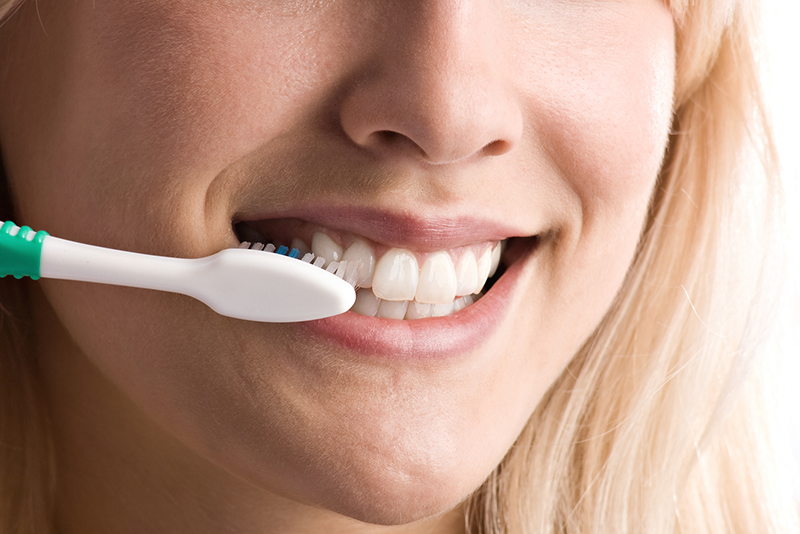Debilitating dental pain can strike at the most inopportune moments. What time is best, after all? It can wake you from a dead sleep, bring you to tears when you are working in front of your computer or cause your family to question the reason for your testiness.
With the demands of life and family it is often all too easy to push aside pain, but you really should not, warns George Williams, DDS, with the Mercy General Practice Dental Residency Program.
“Untreated cavities lead to two rounds of pain: initial pain and recurring pain. However, if you can put up with it long enough, the pain goes away because the nerve eventually dies. You might then believe your body has fixed the problem, but months or years after the initial pain, another pain strikes with a vengeance,” he writes.
Functioning with a tooth with a dead nerve for years does not sound ideal, and that actually leads to the next concern: No longer able to feel the body’s warning, the pain, people can have infection festering for months or years.
As a dental resident, Dr. Williams sees the full gamut of dental emergencies: Chipped and broken teeth from eating everything from nuts, to ice to jawbreakers, pain from untreated cavities; dental abscesses (infections); and trauma from altercations, falls, sporting accidents, domestic abuse and car accidents.
The diversity and frequency of emergency dental issues keep dental residents busy, but some are surprisingly severe, and surprising in general, considering the patients are often waylaid by sudden intense discomfort.
The most common ailment he sees is facial swelling from a dental abscess, typically stemming from untreated cavities. Peoples’ reasons for ducking out on early and preventative dental care are often varied: the pain went away, they had a bad experience with a dentist, they only seek medical attention when they absolutely have to.
Initial cavity pain presents as sensitivity to sweets or to hot or cold. If that cavity remains untreated, the cavity can hit the tooth’s nerve and lead to an intolerance to cold, spontaneous pain during the day and pain intense enough to wake you at night.
“However, if you can put up with it long enough the pain goes away because the nerve eventually dies (termed pulpal necrosis). Many patients believe that since the pain went away, their body has fixed the problem. Months or years after their initial tooth pain, another pain strikes with a vengeance; it’s a recurring pain. This pain is from a fully formed dental abscess and is typically the proverbial straw that breaks the camel’s back,” he writes.
Patients make their way to the emergency room with “profound swelling” that can include the neck, throat, lip cheek and lower eyelid. While antibiotics may help prevent the infection from spreading to other areas of the body, only getting rid of the necrotic pulp tissue via a tooth extraction or root canal will remedy the source of the infection.
Although a rare occurrence, sepsis or the spread of infection through the bloodstream can prove fatal to people with dental abcesses. Other concerns include swelling over the neck that can restrict breathing. It is especially important to keenly monitor children for tooth pain, since abscesses can prove dangerous, he explains.
“Prevention and regular dental check ups are the best way to avoid gruesome days, restless nights, visits to the emergency department and more frequent visits to your local dentist,” he writes.
Whether in Canada, the United States or anywhere else in the world, it is important to take stock of your dental health and get proper care. However, if you’re in the Ottawa area, you should consider visiting the best dentist in downtown Ottawa.
